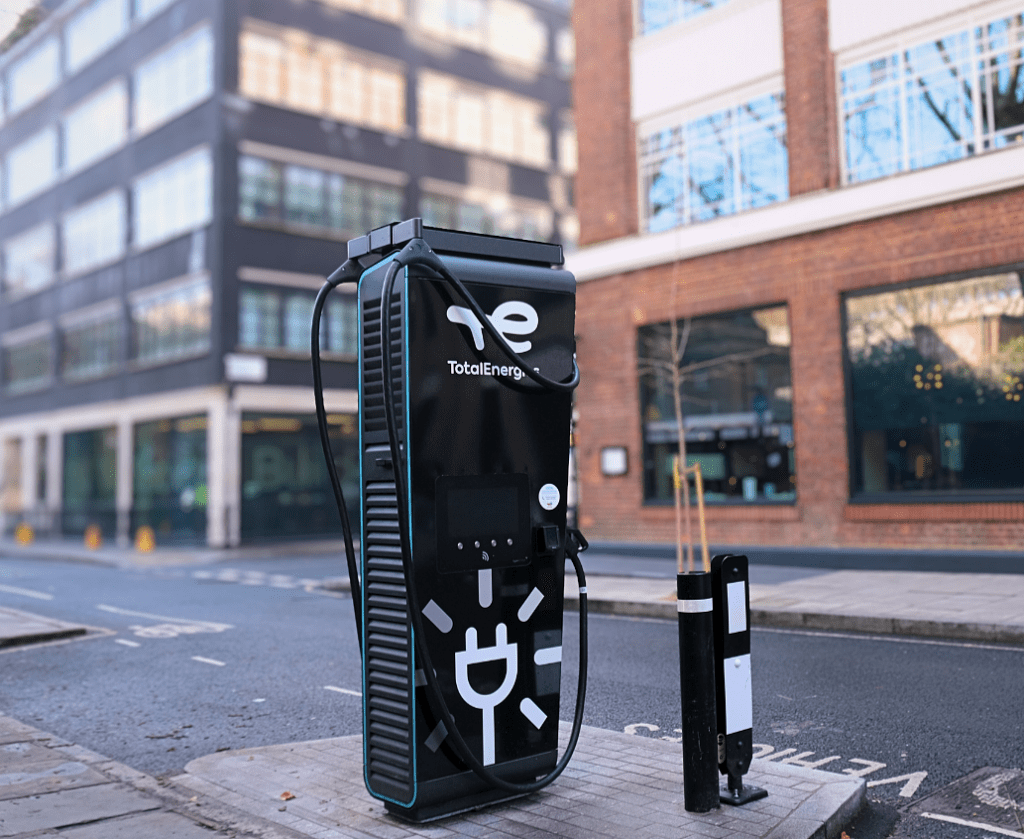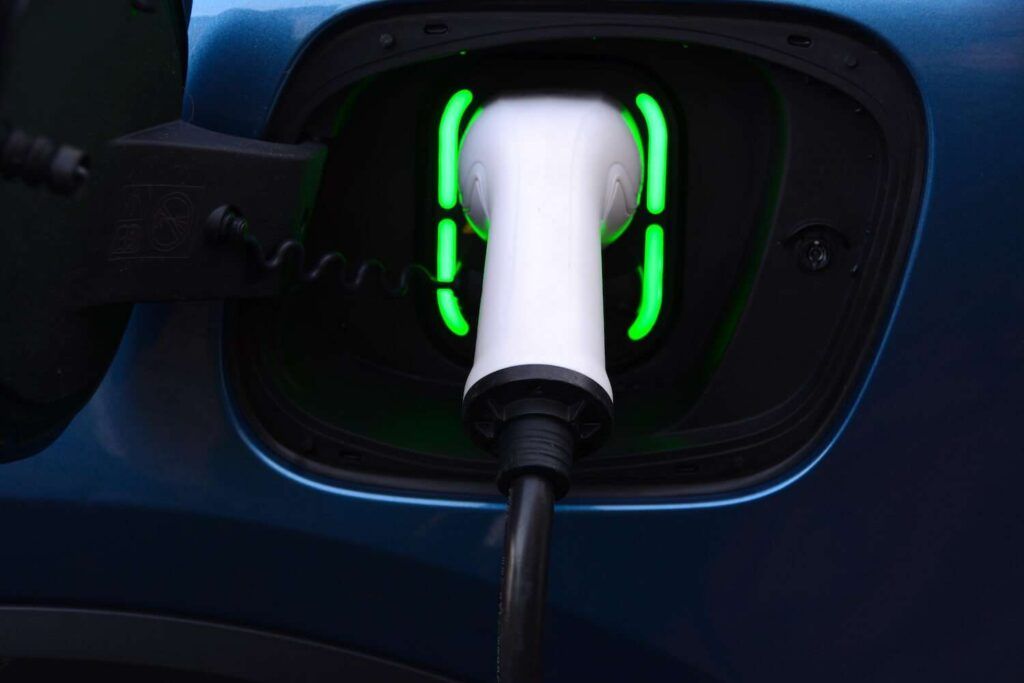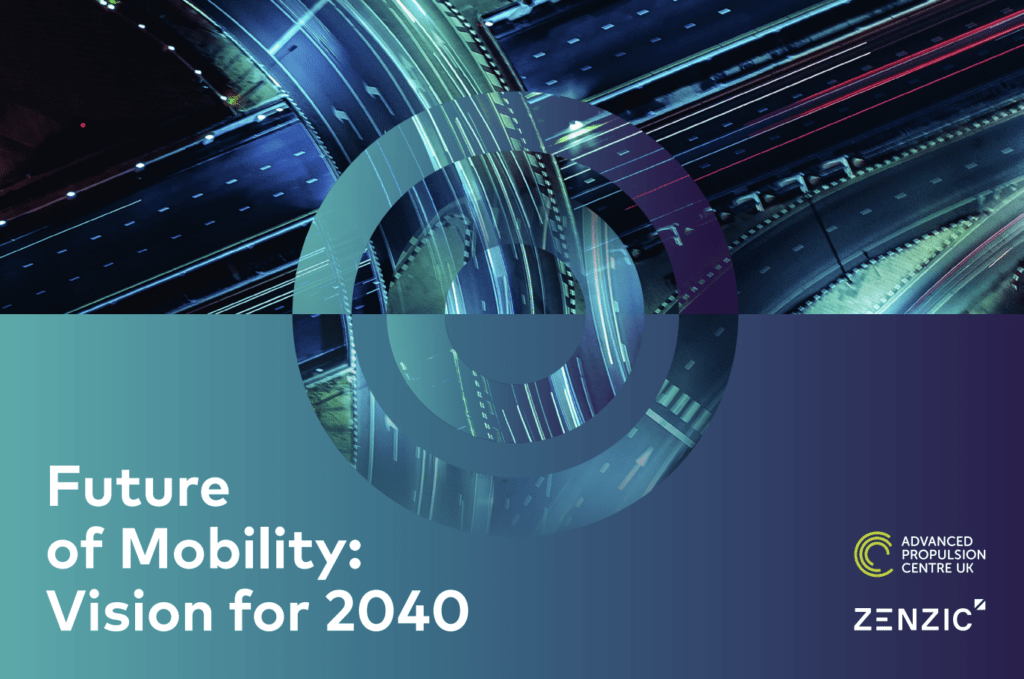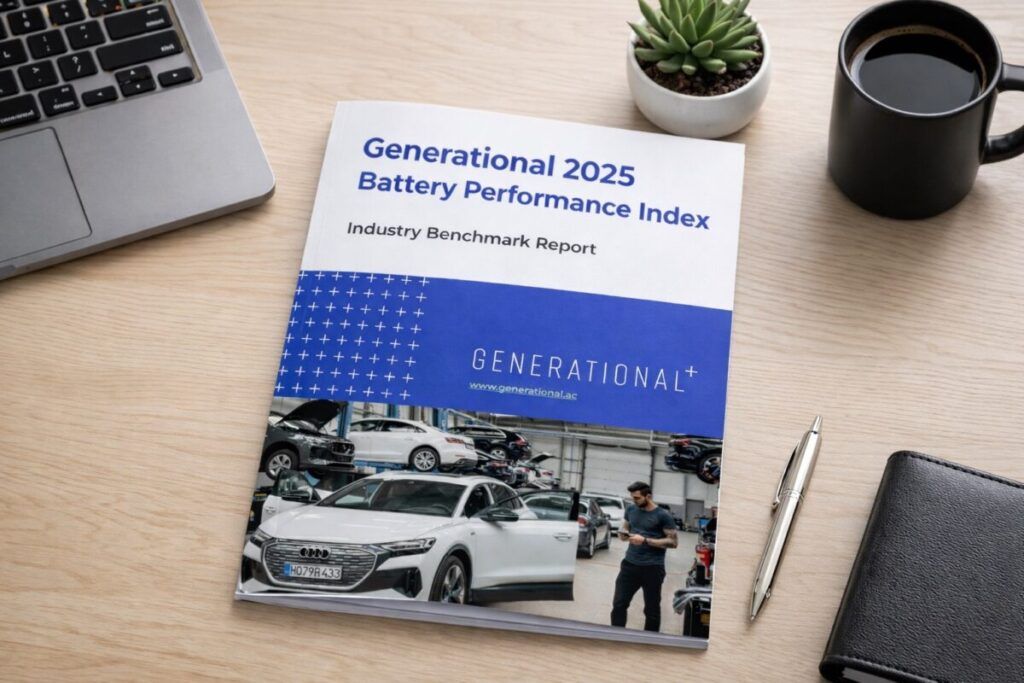Transport + Energy are the Content Partner for this year’s Cenex-LCV and CAM event which takes place on September 6 and 7 at UTAC Millbrook in Bedfordshire. In the lead up to the event, Editorial Director Alec Peachey is catching up with a number of speakers who will form part of the seminar programme. This week, he speaks to Mark Cracknell, Programme Director at Zenzic.
Q. Tell us about yourself, your job and your organisation
A. ”I am Mark Cracknell, the Programme Director at Zenzic, a pioneering organisation at the forefront of championing the UK’s Connected and Automated Mobility (CAM) ecosystem. With a career journey that began at Transport for London and eventually led me to Zenzic, I hold a deep passion for driving innovation in transportation.
”At Zenzic, we are committed to shaping a safer, more secure, sustainable and inclusive transport future. My role at Zenzic is to foster collaboration among key stakeholders within the CAM ecosystem, working to expedite the safe and efficient deployment of CAM technologies throughout the UK.
Q. Why are you speaking at the event?
A. ”I am speaking at CENEX to share Zenzic’s work on our International CAM Landscape (ICL). Through the ICL, we have delved into the dynamics of CAM across various countries. This research shows themes that not only provide insights into the direction of the CAM industry worldwide but also emphasise the unique opportunities for the UK to solidify its position as a leader in this rapidly evolving sector.
”The UK’s strategic position within the global CAM landscape is one of great promise. As we move forward in the deployment of CAM technologies, we are harnessing momentum and capitalising on our strengths to realise socioeconomic benefits that extend far beyond our borders.
”My session will be chaired by Frances Williamson, our Head of Stakeholder Engagement. We look forward to engaging with the CENEX audience, sparking conversation, and collectively envisioning a future where the UK remains at the forefront of the CAM revolution.”
Q. What will be the main content of your presentation?
A. ”During my presentation at CENEX, I will be talking about the initiative that reflects Zenzic’s dedication to driving CAM innovation and collaboration. The focal point of my talk will be the unveiling of our ICL research and thought leadership.
”My talk will illuminate how the ICL is rapidly evolving, prompting global collaborations and disruptive partnerships that span multiple industries. It’s a journey that involves policy and regulation, innovation ecosystems, testing capabilities, and the complex landscape of CAM deployment. We are charting a course that leverages the UK’s strengths and fosters collaboration, ensuring we not only drive CAM progress at home but also take our expertise and insights to the world stage.
”Our ICL stands as a testament to our commitment to championing the UK’s CAM ecosystem on a global scale. Through our research, we have analysed and evaluated the CAM landscapes of key countries, including the UK, USA, France, Germany, Japan, Canada, Israel and China.
Q. What would you like the delegates to take away from your presentation?
A. ”I want the delegates to walk away with a sense of optimism and purpose regarding the future of CAM. Specifically, I aim to provide an understanding of the global CAM landscape, and intend to emphasise the UK’s role in driving CAM innovation, allowing delegates to recognise the UK’s potential as a frontrunner.
”Collaboration’s role in CAM progress will be highlighted, showing the value of international partnerships in knowledge exchange and technological advancement. Ultimately, I seek to empower delegates to take active roles as policy makers, industry leaders, researchers or innovators to advance the ongoing CAM revolution.”
Q. Do you think that most barriers have now been overcome to allow for the widespread adoption of electric vehicles? What barriers, if any, remain?
A. ”There has been significant progress in electric vehicles (EVs), yet in the realm of CAM, there are challenges that persist. While strides have been made to overcome barriers to EV adoption, the journey towards widespread CAM implementation involves a unique set of complexities.
”In the realm of EVs, advancements in battery technology, charging infrastructure, and consumer awareness have alleviated many barriers. Just as advancements in battery technology were pivotal in overcoming EV barriers, our CAM Roadmap to 2035 emphasises the importance of tackling challenges within CAM, such as regulations, infrastructure, technology, public perception, global alignment, cybersecurity and education. Without these enablers in place, CAM will not realise its potential. Tackling these intricacies is vital in facilitating the acceptance of CAM and propelling the metamorphosis of the mobility landscape into a future shaped by enhanced safety, efficiency, and inclusivity.”
Q. What do you think the EV situation will look like in 2030?
A. ”In envisioning the landscape of 2030, much like the future of EVs, the path to transformation is illuminated by collaborative efforts. Just as the EV sector is poised for a revolution, the road ahead for CAM is paved by initiatives such as our very own CAM Roadmap UK to 2035.
”Just as the expansion of EV charging infrastructure and diverse vehicle offerings is expected, our CAM Roadmap holds a vision for the safe and efficient deployment of CAM technologies. Much like the cost competitiveness driving EV adoption, our Roadmap emphasises the strategic focus and investment needed to establish the UK as a global leader in CAM innovation, deployment and commercialisation.
”Regulatory landscapes are shifting, not only for EVs but also for CAM. The policies that will govern autonomous vehicles and their integration into our societies demand a collaborative approach – a principle ingrained in both the EV and CAM sectors. Just as the global collaborations shaping the future of EVs transcend borders, our Roadmap invites stakeholders to partake in a collective endeavor.”
Q. Tell us about your company’s latest innovations, vehicles and technology
A. ”At Zenzic, our focus is on driving innovation and fostering collaboration for CAM. Our latest initiatives encompass a multifaceted approach to advancing CAM technologies, deployment and integration.
”One of our flagship endeavors is our ICL, a research effort that offers thought leadership into global CAM trends, challenges and opportunities. This initiative serves as a tool for stakeholders worldwide, demonstrating on the unique pathways each country is forging within the CAM ecosystem.
”In alignment with our commitment to deployment, our CAM Deployment UK programme, in collaboration with the Centre for Connected and Autonomous Vehicles (CCAV), has awarded £81 million in combined government and industry funding to seven pioneering projects across the UK.
”Central to our mission is our CAM Roadmap to 2035, which charts a strategic vision for the UK’s CAM sector. This Roadmap identifies critical enablers and serves to direct efforts towards realising the vast economic, environmental and societal benefits that CAM offers.
”In partnership with various stakeholders, including government bodies, industry leaders and research institutions, we aim to place the UK at the heart of the global CAM ecosystem. Our work extends beyond individual technologies or vehicles and encompasses a CAM ecosystem that nurtures the growth and success of CAM, ultimately reshaping the future of mobility.”
Q. What do you see as your company’s greatest opportunity leading up to 2030?
A. ”Our greatest opportunity lies in steering the transformation of the mobility landscape through CAM. Our strategic focus on innovation, collaboration and ecosystem development uniquely positions us to harness the immense potential of CAM.”
Q. What is your company’s greatest challenge leading up to 2030?
A. One of our challenges is fostering widespread public understanding and acceptance of CAM. Educating and building trust among diverse stakeholders, including consumers, policymakers, and industries, is pivotal to ensure the smooth integration of CAM technologies into everyday life.
Furthermore, sustaining collaboration across the CAM ecosystem presents a continuous challenge. With an ever-evolving field with multiple stakeholders – from government bodies to industry players and research institutions – maintaining efforts and alignment to achieve common goals is essential.
International collaboration remains vital, and balancing the need for global harmonisation of CAM technologies and standards with regional nuances and cultural considerations poses another challenge.
Finally, driving innovation and ensuring CAM’s affordability, especially for start-ups and small enterprises, is essential to unlock the full potential of these technologies. Striking the right balance between innovation and accessibility is a tricky task!
Transport + Energy are the Content Partner for this year’s event and will be on Stand C4-204.
Click here to view the full programme.
Image courtesy of Cenex.












